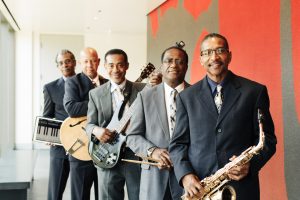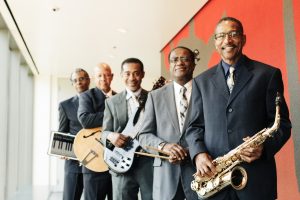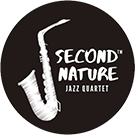
Second Nature Jazz Quartet Sunday Jazz Live at the Gary Public Library & Cultural Center sponsored by the Greater Gary

Present 33rd Annual JAZZ IN THE PARK featuring: Second Nature Jazz Quartet, The Rowgers Jazz & Soul Experience…. Tommy Sanders

Second Nature Jazz Quartet Live (featuring Tyrone Spencer (Saxophone), Milton Lucy (Keyboard), Duffy Harrison Davis (Bass Guitar), Danny Day (Drums)

Second Nature Jazz Quartet Live (featuring Tyrone Spencer (Saxophone), Milton Lucy (Keyboard), Duffy Harrison Davis (Bass Guitar), Danny Day (Drums)

Second Nature Jazz Quartet Live (featuring Tyrone Spencer (Saxophone), Milton Lucy (Keyboard), Duffy Harrison Davis (Bass Guitar), Danny Day (Drums)

Second Nature Jazz Quartet Live (featuring Tyrone Spencer (Saxophone), Milton Lucy (Keyboard), Duffy Harrison Davis (Bass Guitar), Danny Day (Drums)

Second Nature Jazz Quartet Live (featuring Di’Kobie Knight on Vibraphone) at The East Chicago Marina, playing Sugar by Stanley Turrentine.

Second Nature Jazz Quintet Live at The Brown Skin Cafe playing Bermuda Nights by Gerald Albright

John Coltrane’s (soprano/tenor sax) interpretation of this Richard Rodgers and Oscar Hammerstein composition — originally penned for the Sound Of

Leon Russell wrote “This Masquerade” and originally released it as the B-side of his 1972 hit “Tight Rope.” The song

“Straight, No Chaser” is a jazz standard composed by Thelonious Monk. It was first recorded on Monk’s Blue Note Sessions

Sigmund Romberg wrote the music and Oscar Hammerstein II wrote the words for this composition for the musical New Moon,

The first classic album by the Horace Silver Quintet, this set is highlighted by “Señor Blues” and “Cool Eyes.” The

Bop saxophonist Stan Getz was almost single-handedly responsible for breaking bossa nova big in the United States. Classically trained jazz

“Willow Weep for Me” was introduced by vocalist and whistler Muzzy Marcellino performing with Ted Fio Rito and His Orchestra.

“Blue Bossa” was written by ‘50s trumpeter Kenny Dorham, but is primarily known from the many versions by ‘60s saxophonist

Growing up in the ’40s and ’50s in Chicago, Herbie Hancock was around street vendors, including the “watermelon men,” who
